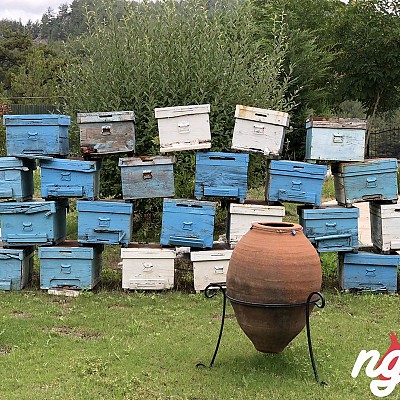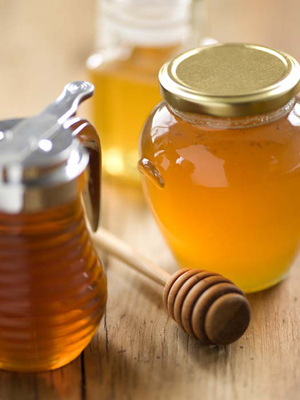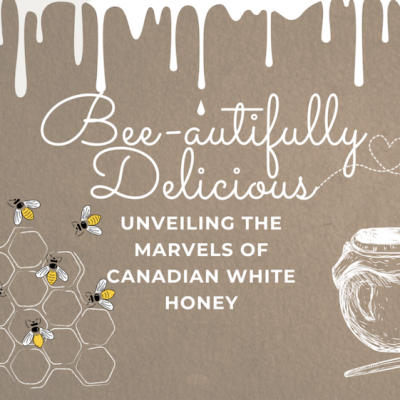For centuries bees, among the hardest working creatures on the planet, have benefited people, plants and the environment. By carrying pollen from one flower to another, bees and other pollinators enable not only the production of an abundance of fruits, nuts and seeds, but also more variety and better quality, contributing to food security and nutrition. (FAO)
Pollinators such as bees, birds and bats, affect 35 percent of the world's crop production, increasing outputs of 87 of the leading food crops worldwide, plus many plant-derived medicines. Three out of four crops across the globe producing fruits or seeds for human use as food depend, at least in part, on pollinators.

Why a World Bee Day?
By observing World Bee Day each year, we can raise awareness on the essential role bees and other pollinators play in keeping people and the planet healthy, and on the many challenges they face today. We have been celebrating this day since 2018, thanks to the efforts of the Government of Slovenia with the support of Apimondia, that led the UN General Assembly to declare 20 May as World Bee Day.
The date for this observance was chosen as it was the day Anton Janša, a pioneer of modern apiculture, was born. Janša came from a family of beekeepers in Slovenia, where beekeeping is an important agricultural activity with a long-standing tradition.
Today bees, pollinators, and many other insects are declining in abundance. This day provides an opportunity for all of us – whether we work for governments, organizations or civil society or are concerned citizens – to promote actions that will protect and enhance pollinators and their habitats, improve their abundance and diversity, and support the sustainable development of beekeeping.

20 May 1734 – Breznica, Slovenia Birth of Anton Janša, who came from a long line of beekeepers, became a pioneer of modern apiculture. Bees were a frequent topic of conversation with neighbouring farmers, who would gather at the village and discuss farming and bee-keeping practices.
1766 - Anton enrolled in the first bee-keeping school in Europe.
1769 – Janša worked fulltime as a beekeeper.
1771 – Published the book Discussion on Bee-keeping in German.
1773 – Death of Jansa by typhus.
2016 – At the FAO Regional Conference for Europe, the Republic of Slovenia proposed World Bee Day to be celebrated on 20 May each year, with the support of Apimondia, the International Federation of Beekeepers’ Association.
2017 – Proposal for World Bee Day was submitted for consideration at the 40th Session of FAO Conference.
2017 – UN General Assembly unanimously proclaimed 20 May as World Bee Day.
20 May 2018 – First Observance of World Bee Day.






































